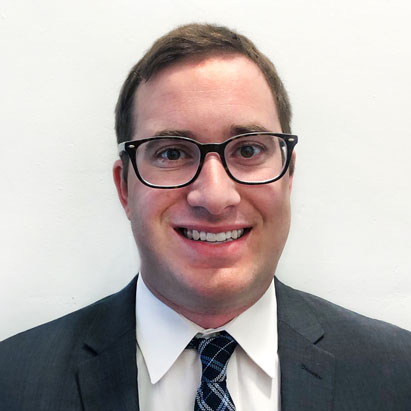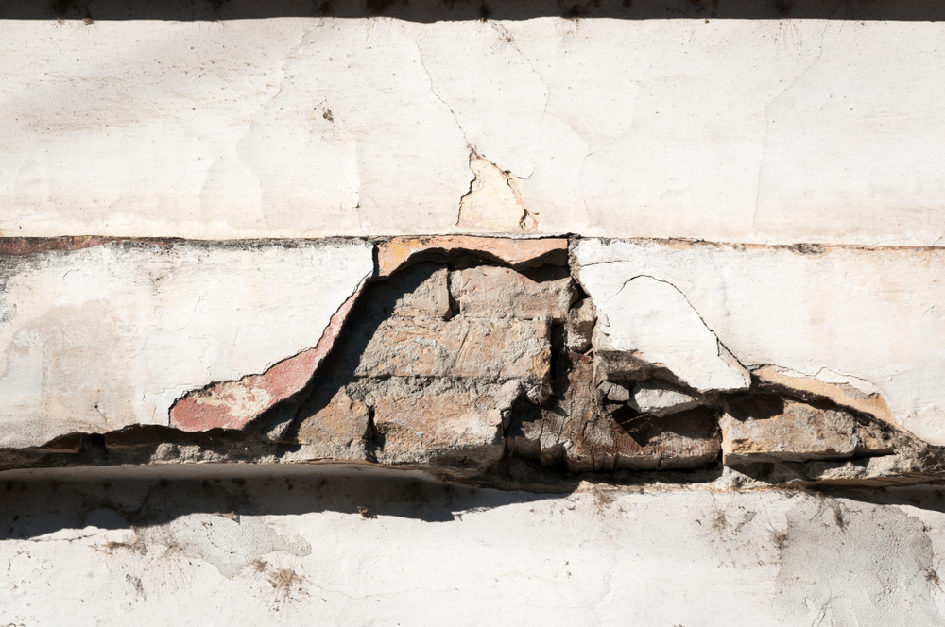 Print
Print
After the tragic events that occurred in Surfside, Florida, it is important for Associations to understand the responsibility that they have in maintaining the structure of their condominium building. Cosmetic issues are often easy to spot, for example, a sagging ceiling, windows that stick or will not close completely and doors that jam or cannot be closed properly. When managers see these issues, they are often repaired right away. However, issues within the foundation of your building, such as cracks in the foundation are harder to spot. Cracks in the foundation can lead to framing issues, roof issues and even leaks. They are also a warning sign of other structural issues within the building. Therefore, it is important for Associations to have periodic inspections of their buildings. This can be done by performing a reserve study.
A reserve study is an in-depth analysis and on-site inspection of an Associations building. Generally, the reserve study consists of two parts: physical analysis and a financial analysis. During the physical analysis, an inspector will assess the physical condition of the community areas of the condominium and report what areas need to be maintained or repaired. It will also include an analysis of the cost of repairs or replacements. The financial analysis informs the Board of the Association’s financial health, such as its revenues, expenses and reserve funds.
Experts recommend that a reserve study be conducted once every five years. It is important for Associations to conduct a reserve study not only to maintain the structure of your building but also to protect the Association from any liability that might arise in a lawsuit against the Association.
For more information about this article, contact Tressler attorney Joseph Silverstein at jsilverstein@tresslerllp.com.

Joseph is an associate in the Condominium & Common Interest Community Association Practice Group. Joseph has extensive experience in and deep knowledge of civil litigation, collections and foreclosure defense. Joseph also advises condominium associations of their rights and responsibilities under Illinois law.

